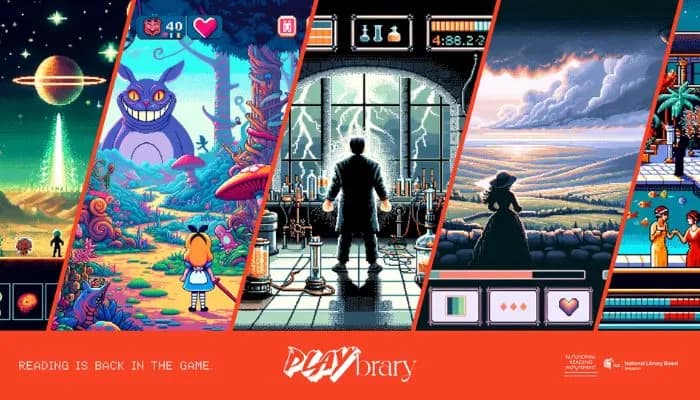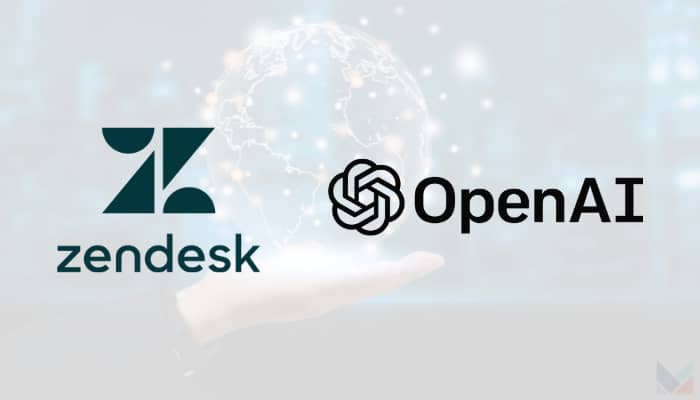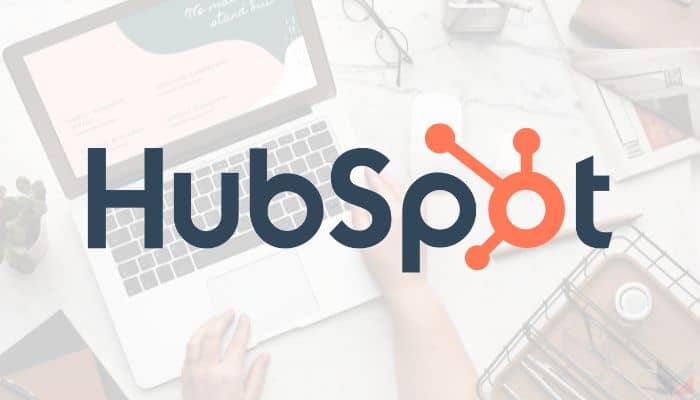Singapore – The National Library Board has teamed up with LePub APAC to launch an innovative project called ‘Playbrary’ that turns books into games with the aim of reviving reading.
In this game-changing initiative, books are literally transformed into interactive text adventure games, blending the timeless charm of storytelling with the engagement of digital gameplay.
Through cutting-edge AI technology, Playbrary transforms conventional books into captivating text-based adventure games. Staying true to the book’s original storyline, these games offer dynamic interaction, enabling players to shape the narrative’s direction. Beyond adapting to player choices, the AI enriches the experience by generating vivid images to complement the text, resulting in a fully immersive and multisensory experience.
Playbrary is in partnership with OpenAI, integrating it seamlessly with ChatGPT and allowing users to engage with these literary adventures directly through the platform.
Furthermore, Playbrary offers a free prompt generator, ensuring that everyone can enjoy the fusion of reading and gaming. Once kids ‘play’ a story, they can borrow the original from the National Library Board, Singapore’s catalogue of books and eBooks.
The Playbrary was born out of the challenge libraries globally face, which is keeping books relevant in an age dominated by digital distractions. More than just a digital library, Playbrary is an interactive journey through literature, where stories are not merely read but experienced.
Moreover, beyond just entertainment, the initiative will also serve as an accessible educational tool for many. By gamifying the reading process, it presents a novel solution to the dwindling interest in traditional reading among younger generations.
The National Library Board’s initiative hopes to solve the issue of younger generations losing interest in traditional reading.
Playbrary has the ability to turn any book in the public domain into a game since AI has read all of them already. With this, more than 1,000 classic books will be playable at launch, and LePub APAC is also inviting authors and publishers to add their books to Playbrary.
Ng Cher Pong, chief executive officer of the National Library Board Singapore, said, “This is part of NLB’s ongoing efforts to make generative AI accessible to all. Our partnership with LePub APAC opens new, innovative ways for more people to read and learn. Through the gamification experience of Playbrary, we hope to encourage more Singaporeans to read these classics after playing the game. We also invite like-minded partners onboard to explore emerging technologies that inspire new ways of interaction with NLB’s resources, such as through GenAI.”
Meanwhile, Cyril Louis, executive creative director at LePub APAC, shared, “As Playbrary begins its journey, it stands as a testament to Singapore’s innovative spirit and a potential beacon for the future of libraries in the digital age. Playbrary celebrates books through the lens of technology, inviting a new generation to rediscover the magic of stories in a format that resonates with their digital-first lifestyle. Once they’ve ‘played’ a story on Playbrary, many kids will be curious to read the original.”
Hanh Kanssen, managing director at LePub APAC, also added, “Playbrary is an exciting project for LePub, which not only helps to rekindle a love for reading in young adults but is also a great educational resource. I am very proud of our great creative team behind this creation, who helped to make this project happen at the speed of light so that people all over the world can discover the joy of reading.”








